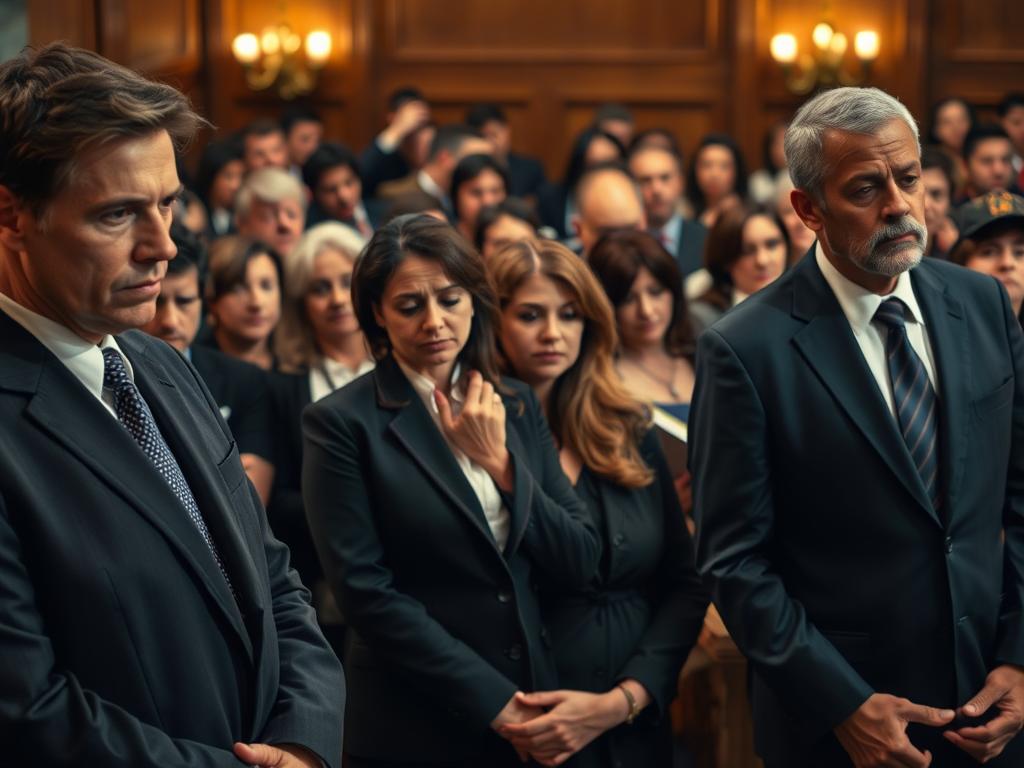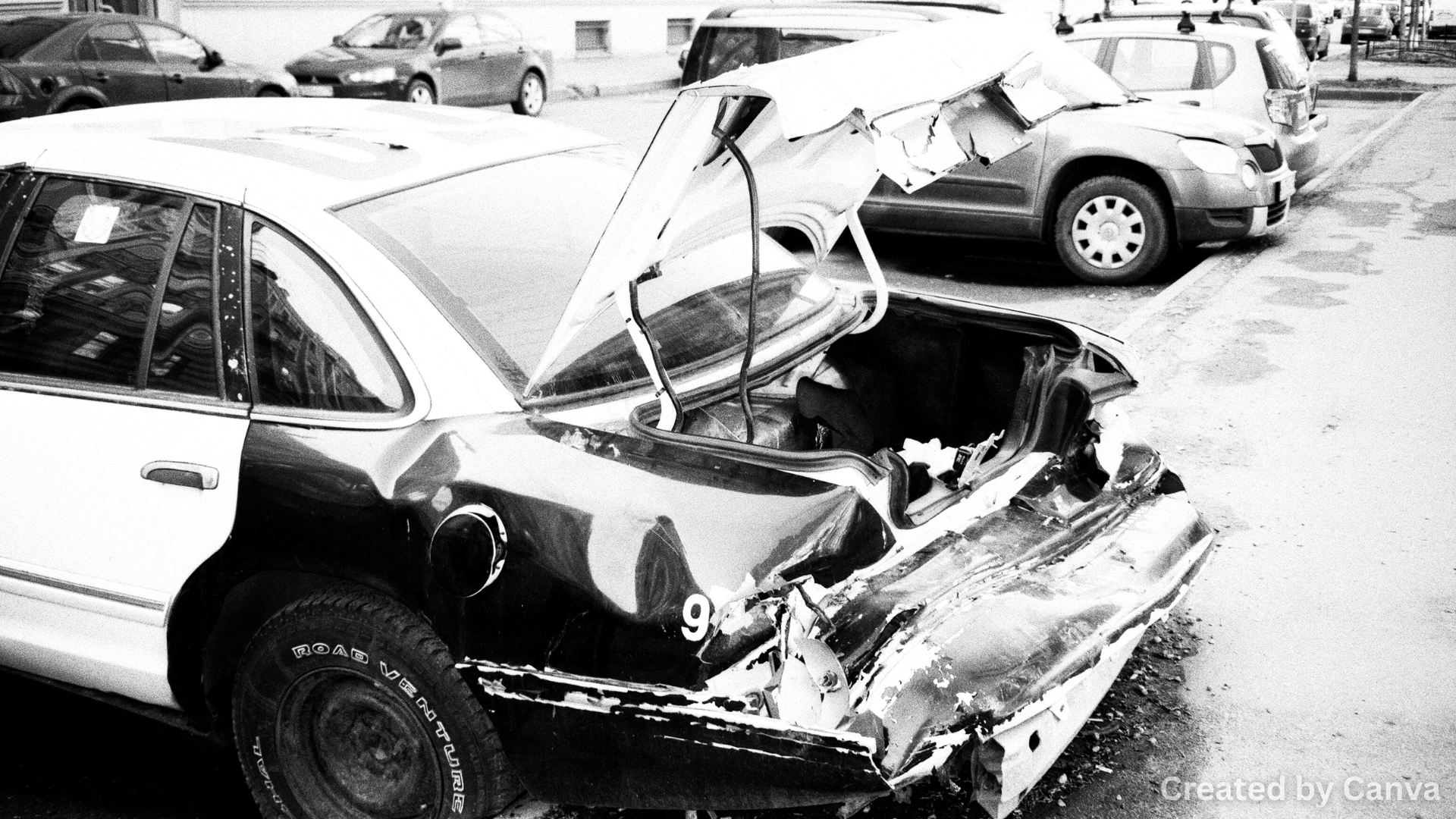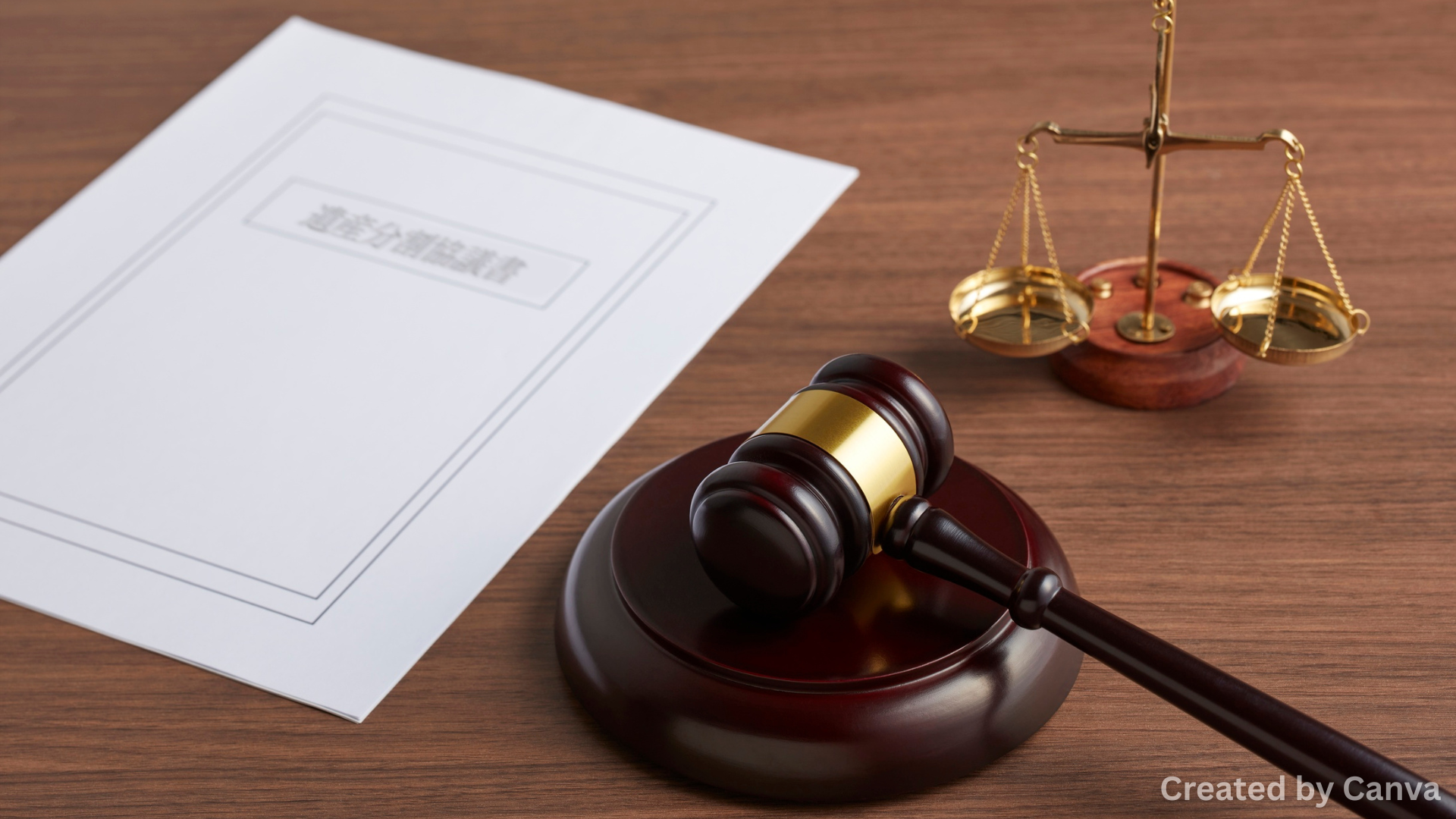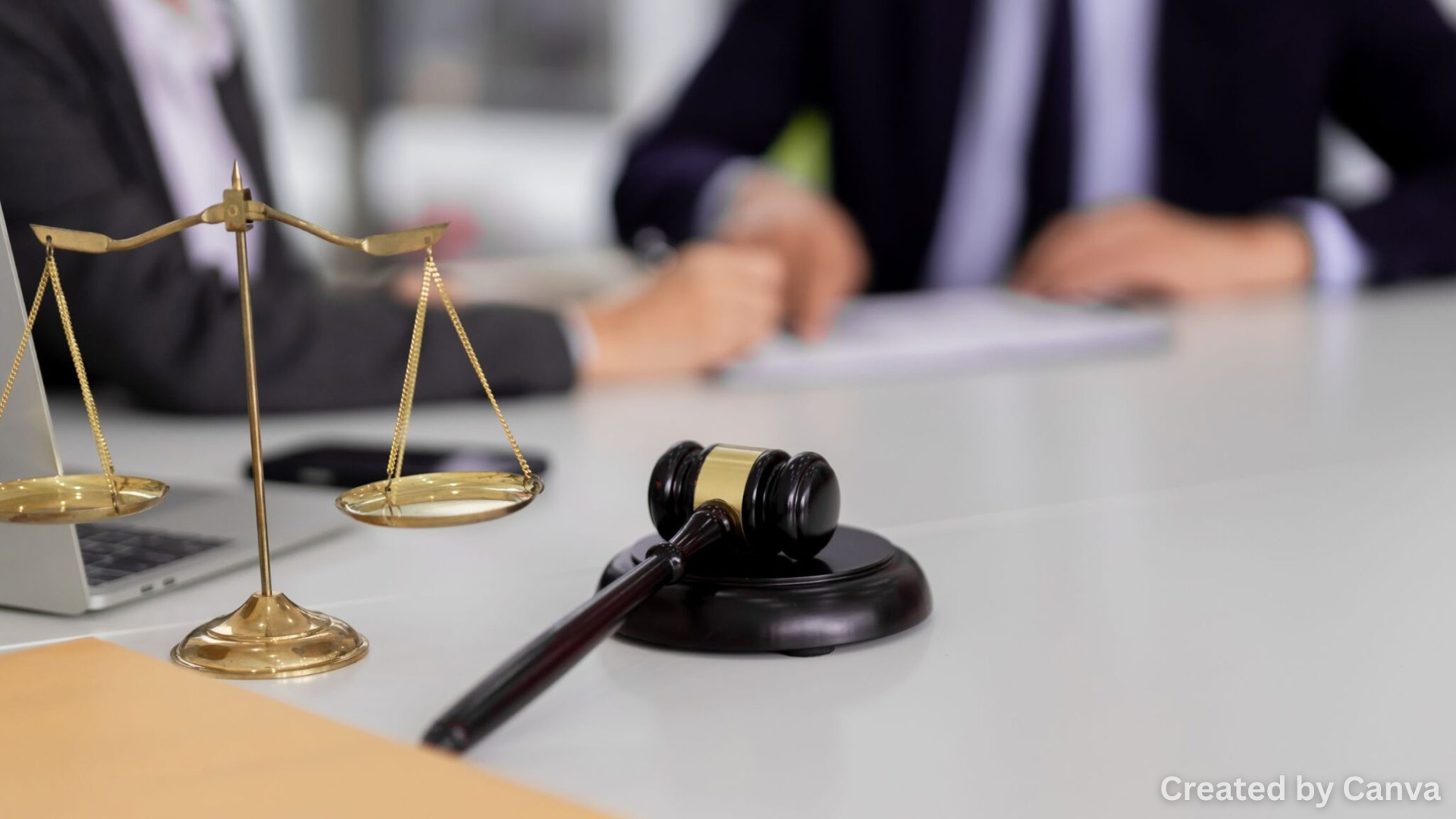A single person’s observation can change the outcome of a legal case. In accidents, what others see can make or break your claim. Eyewitness accounts provide crucial evidence that strengthens your position.
Firsthand accounts offer objective views that support your story. They can fill in details you might have missed during the incident. These eyewitness accounts are vital for building a strong case.
At InjuryClaimCalculator.us, we’ve seen witness testimony change case outcomes. These observations often counter opposing stories and establish liability. Collecting statements quickly is crucial, as memories fade over time.
Different observers bring unique views to your case. Bystanders offer impartial perspectives. Passengers provide intimate details. Experts interpret technical aspects of the incident.
Together, these eyewitness accounts create a full picture. They can powerfully support your claim and increase your chances of success.
Why Witness Statements Matter
Impartial witness accounts add crucial credibility to personal injury claims. They often make the difference between denied claims and fair compensation. At InjuryClaimCalculator.us, we’ve found cases with reliable witness testimony have higher success rates.
Witness testimonies strengthen personal injury claims in several ways:
- Corroborating Evidence – Witnesses provide independent verification of your account, filling in details you might have missed during the traumatic event
- Establishing Liability – Third-party observations help pinpoint exactly who was at fault by describing specific actions that led to your injury
- Enhancing Credibility – Impartial accounts carry substantial weight with insurance adjusters, judges, and juries who might otherwise question your version of events
- Countering Defense Tactics – Objective testimony can effectively neutralize attempts to shift blame or minimize the severity of your injuries
- Resolving Conflicting Accounts – When parties disagree about what happened, witness statements often become the deciding factor
Witness statements are crucial in proving negligence in personal injury claims. They can confirm the defendant’s duty of care and its breach. Witnesses can also show how the breach caused your injury and the damages you suffered.
In car accidents, witnesses can transform case outcomes. A credible witness who saw the other driver run a red light can shift liability. This is especially important when drivers blame each other.
Witnesses help verify critical details in various accident types. In slip-and-fall cases, they can confirm how long a hazard existed. For workplace injuries, coworkers might testify about unsafe practices or equipment failures.
At InjuryClaimCalculator.us, we’ve seen witness statements effectively counter defense strategies. They can refute claims that you were at fault or had pre-existing injuries. Independent witnesses provide powerful, unbiased testimony that stands up to scrutiny.
Witness statements boost credibility across all personal injury case types. They provide objective perspectives in auto accidents, premises liability, and product defect cases. It’s crucial to identify and secure witness cooperation early after an incident.
How to Collect Reliable Statements
Accurate witness statements are crucial for personal injury claims. They provide vital support for your case. A methodical approach to statement collection can significantly strengthen your position.
Identifying Potential Witnesses
After an accident, look for people who may have seen it happen. This includes bystanders, passengers, nearby business owners, and residents.
Gather contact details from all potential witnesses. Get their full names, phone numbers, email addresses, and physical addresses. Note their relationship to the incident.
If you’re injured, ask someone to help collect this info. Request police officers to note witness details in their report. Act quickly, as witnesses may leave soon.
Effective Interview Techniques
Timing is critical when interviewing witnesses. Memories fade fast, so conduct interviews as soon as possible after the incident. This keeps events fresh in witnesses’ minds.
Start with open-ended questions. Let witnesses tell their story without leading them. Then, ask specific questions about conditions, behaviors, and event sequence.
Inquire about what they saw before, during, and after the accident. Document environmental factors and behaviors of all parties involved. Avoid leading questions that might influence their recollection.
Documentation Methods
Proper documentation keeps witness statements valuable throughout your case. We recommend several methods for statement collection:
- Written statements – Have witnesses write down their account. Ensure they sign and date the document.
- Audio recordings – With permission, record interviews. State the date, time, location, and names at the start.
- Video statements – Visual recordings can capture nonverbal cues and demonstrations.
- Formal affidavits – These sworn statements carry more legal weight.
- Deposition testimony – Conducted under oath with attorneys present, these provide the most formal documentation.
Overcoming Common Challenges
Witnesses may be reluctant to get involved. Reassure them that their contribution is valuable. Many cases settle without trial.
Document all perspectives when faced with conflicting accounts. Discrepancies often resolve as more evidence emerges. They may highlight important aspects needing further investigation.
For potentially biased witnesses, document their relationship transparently. Their testimony remains valuable but should be supported by neutral accounts when possible.
Legal Requirements for Admissibility
Witness statements must meet certain standards for legal proceedings. They should be based on first-hand observations and collected without coercion.
Properly document statements with signatures and dates. Get appropriate consent for recordings. Preserve statements in their original form without alterations.
Work with legal professionals early on. This ensures your statement collection meets all requirements. At InjuryClaimCalculator.us, we connect clients with knowledgeable attorneys.
Well-collected witness statements can make or break a case. Following these guidelines creates solid evidence. This supports your pursuit of fair compensation.
Using Statements in Your Case
Witness testimonies strengthen personal injury claims. They add credibility that insurance companies and courts can’t ignore. Well-documented eyewitness accounts can turn uncertain claims into compelling cases.
Witness statements serve many important functions. They offer unbiased perspectives that confirm your story. These statements often reveal key details you might have missed during the incident.
Strategic Applications of Witness Statements
Witness statements are powerful when dealing with insurance companies. Adjusters value independent observers who have no financial stake. These statements can counter attempts to dispute liability.
In legal proceedings, witness testimonies appear in various forms:
- Written statements attached to demand letters
- Sworn affidavits submitted during discovery
- Deposition transcripts used in settlement negotiations
- Live testimony presented during trial proceedings
- Video statements that capture emotional impact and credibility cues
The credibility of eyewitness accounts is judged differently by various parties. Adjusters look for consistency and bias. Judges and juries often react to the witness’s behavior and confidence.
Defense attorneys search for contradictions to use during cross-examination. Credible witnesses are consistent, unbiased, and provide clear, specific details.
At InjuryClaimCalculator.us, we combine witness testimony with other evidence. This approach creates a stronger case than any single type of evidence alone.
Supporting Different Types of Damages
Witness statements can prove both economic and non-economic damages. They might confirm your work record or describe how the injury affects your daily life.
Personal accounts of your struggles can sway juries when deciding compensation. Eyewitness accounts are crucial when facing claims that you were partly at fault.
Preparing Witnesses for Maximum Impact
Proper witness preparation is key for formal testimony. We suggest practice sessions that mimic potential questions without coaching specific answers. This helps witnesses stay calm while giving honest testimony.
Different witness types serve unique purposes:
- Fact witnesses – Provide objective accounts of what they directly observed
- Expert witnesses – Offer specialized knowledge to interpret evidence or explain technical aspects
- Character witnesses – Testify about your reputation, behavior, or personal attributes
- Before/after witnesses – Describe changes in your capabilities or quality of life following the injury
Real cases show the power of effective witness testimony. A pedestrian injury claim rose from $25,000 to $175,000 after including a bystander’s account.
In another case, an employee’s testimony about known hazards saved a slip-and-fall claim from dismissal. This proved the negligence needed for the case to continue.
Using witness statements throughout your claim process builds a strong case. This strategy improves your position during negotiations and potential court proceedings.
Tips for Witness Preparation
Proper witness preparation is vital for effective statement collection in personal injury cases. Let witnesses describe events in their own words without pressure. This natural approach keeps testimony authentic and compelling.
Request written statements with signatures and dates from witnesses. This adds credibility and creates a permanent record for your case. Avoid pressuring witnesses or suggesting specific language.
Help witnesses feel comfortable while maintaining ethical boundaries. Prepare them for potential challenges like cross-examination tactics. Witnesses who know what to expect often provide clearer testimony.
Tailor your approach to different witness types. Expert witnesses need technical preparation. Reluctant witnesses may need reassurance about the process. Collect statements while memories are fresh.
If you’re having trouble with witness statements, seek professional legal help. At InjuryClaimCalculator.us, we help injury victims use all available evidence to get fair compensation.








